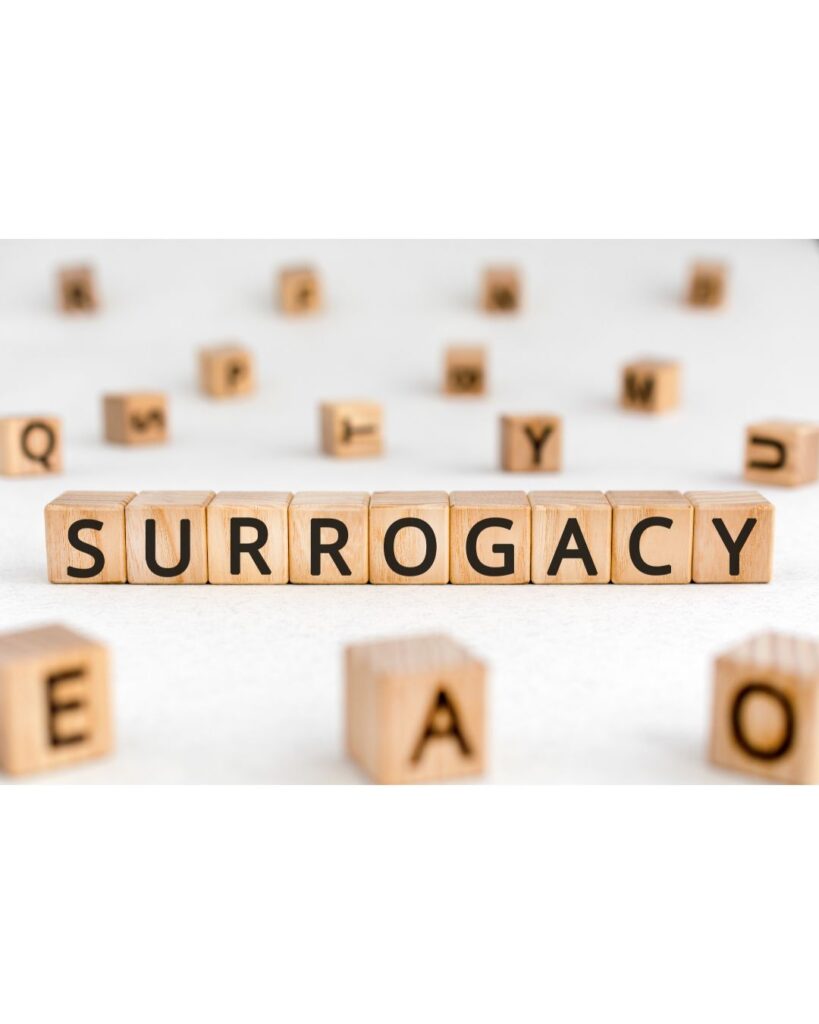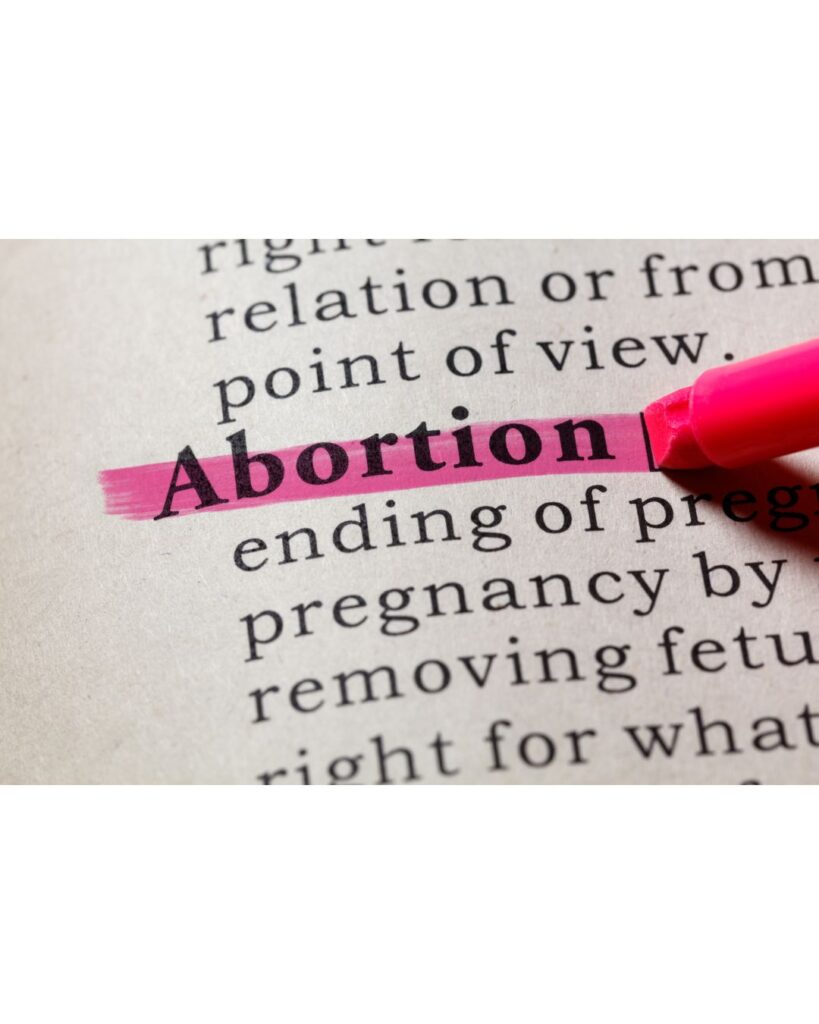I never had two periods in a row. In boarding school, my friends thought I was lucky to only have one period a term. What they didn’t know was that it came with two days of excruciating pain, thankfully eased by strong painkillers, a perk of having an anesthetist as a father. Occasionally, I shared my meds with equally afflicted classmates. God was merciful, no one ever got hurt, but looking back, I know how dangerous that was. Please don’t share prescribed medication.
After boarding school, the irregular pattern continued. By the time I got to university, my diet and lifestyle had changed significantly, and with that came acne, weight gain, and even more missed periods. Still, I didn’t think anything was wrong. Who needs monthly periods anyway?
Then came the truly bizarre, ingrown chin hairs, only four periods a year, and embarrassingly heavy flows. I remember once, on a long trip from Okada to Abuja, I had to wash up with sachets of pure water at a park in Lokoja, despite having “planned well.” When I finally arrived at my mum’s, she wasn’t home. I had to knock on her neighbour’s door and ask to use their bathroom. They handed me a bucket of water and pointed me to the bathroom. That memory has never left me.
When my weight jumped from 68kg to 78kg in a few months, I finally saw a doctor. It was 2006. I went to a hospital in a residential area where I lived, and while waiting for an ultrasound, I sat among pregnant women, which naturally stirred gossip. The doctor diagnosed me with Polycystic Ovarian Syndrome (PCOS). He didn’t have much to say, except that I should marry, take Clomid, and hope for a baby. No nutrition advice. No lifestyle tips. Just confusion.
Back then, the internet was lean on info. Wikipedia said PCOS affected 5% of reproductive-age women, now it’s more like 1 in 5! I read that birth control could help regulate periods and protect the endometrium. But when I asked the doctor, he just told me they wouldn’t prevent STIs. Grown women shouldn’t be seen by doctors who still see them as children.
I emailed my cousin, a doctor in the US, to moan about looming infertility. She comforted me with a list of celebrities with PCOS who had babies. I remember thinking: I don’t have celebrity money!
At some point, a boyfriend noticed I didn’t get regular periods. I explained my scan and hormone profile as best as I could. Later, he traveled and had a doctor friend call to ask me some questions. Soon after, he broke up with me, maybe it was unrelated. Still, here’s my advice: always tell the truth about your health. You don’t want to walk through infertility with someone unsupportive.
I got serious. I researched. I demanded birth control pills from a new doctor. I started exercising and improving my diet. Nutrition advice back then was awful, wild-caught salmon and stalks of asparagus? Really?
My biggest fear was infertility. And while not everyone with PCOS struggles to conceive, many do. PCOS is an endocrine and metabolic disorder, often showing up as cysts on the ovaries, hormonal imbalances, irregular or missed periods, elevated androgens, weight changes, acne, excess body hair, and more. It manifests differently for everyone.
Over the years, I saw several doctors. Even when I wasn’t trying to get pregnant, I was prescribed Clomid multiple times. One doctor insisted on testing my ovulation response. I tried several birth control options, some nearly killed me with headaches and gastric issues. One vaginal ring was a nightmare to remove.
When I finally started trying for a baby, I had insulin resistance. I tackled it with diet, exercise, and metformin. My journey, and the lack of support and guidance I had, inspired me to study nutritional therapy.
In 20 years, we’ve gone from no information to too much, and sadly, much of it is inaccurate. PCOS requires a lifelong commitment to managing diet, stress, and lifestyle. It’s not just about fertility, it’s about preventing long-term complications like diabetes, cardiovascular disease, and dyslipidemia. Please work with licensed professionals and advocate for yourself in healthcare.
I’ve lived with fear, anxiety, and helplessness. But now, with five beautiful babies and a full heart, I speak out freely to inform and support others.
This post isn’t a guideline, just a story. A real one. A hopeful one.






